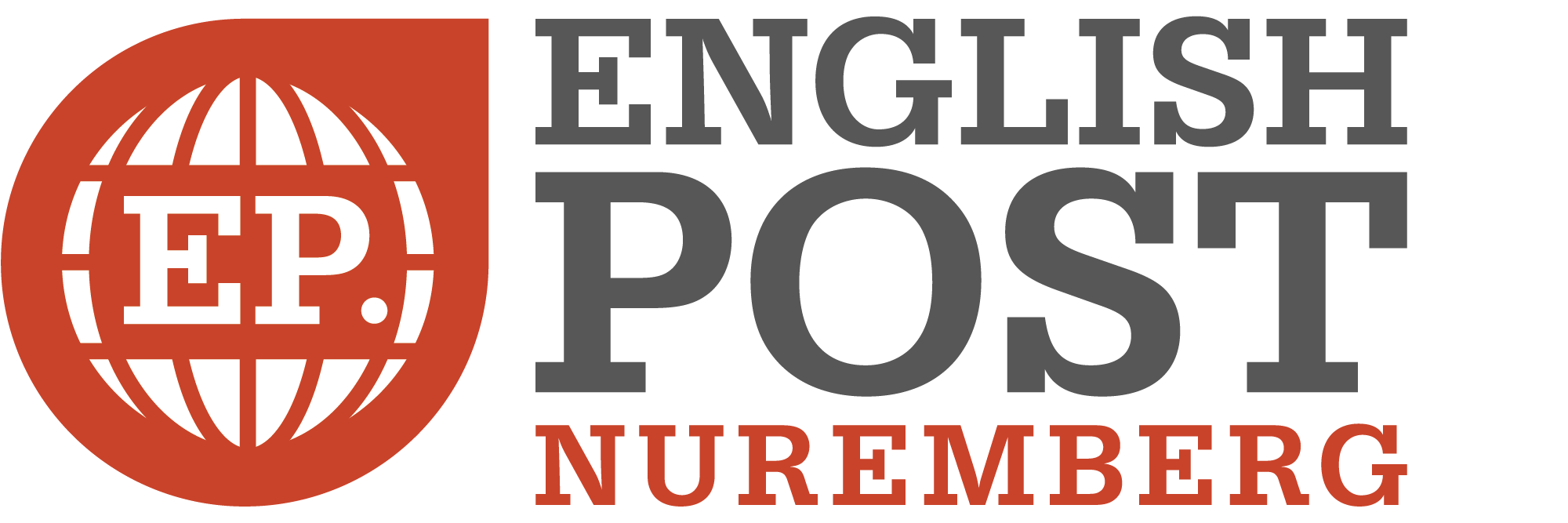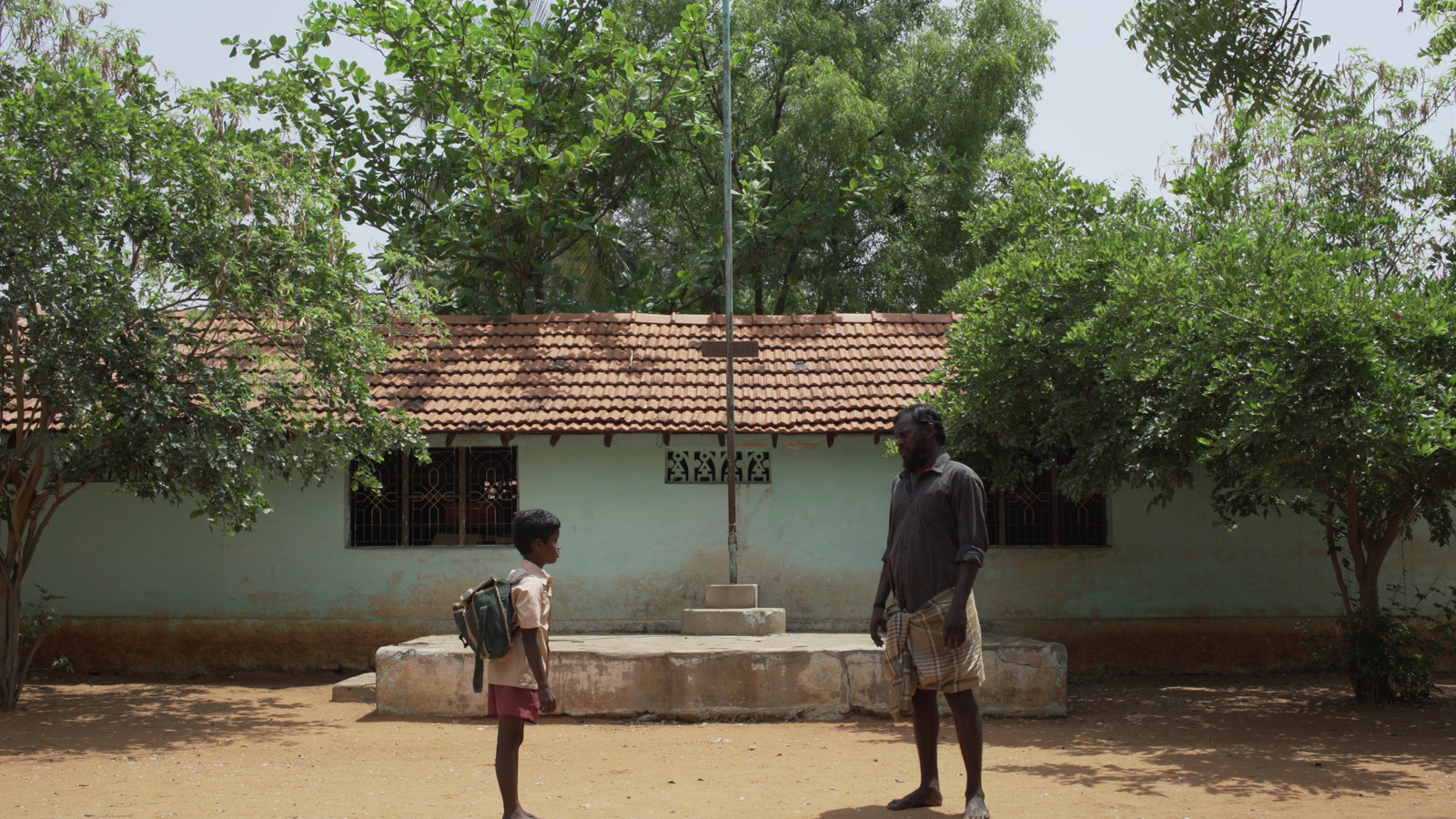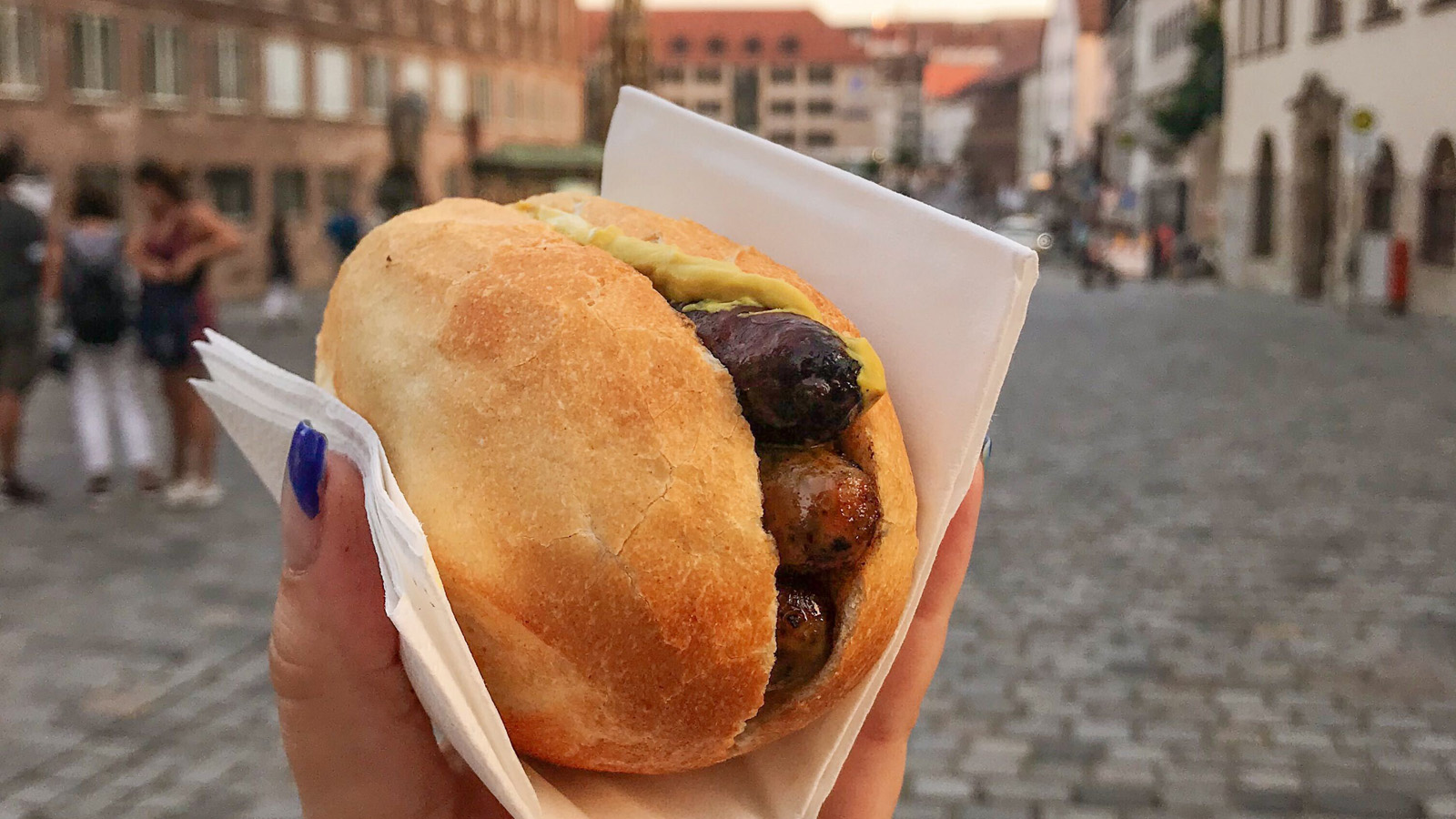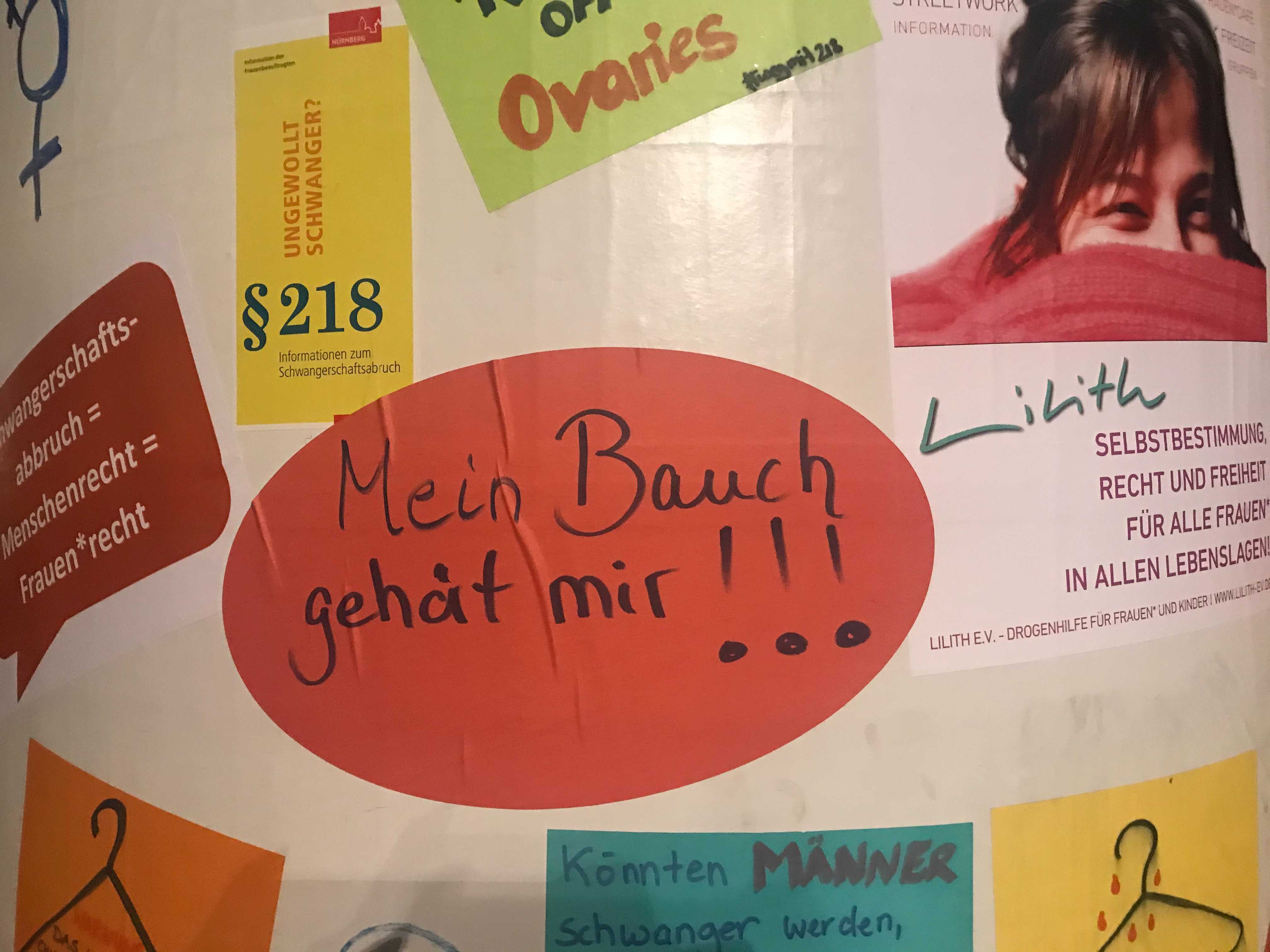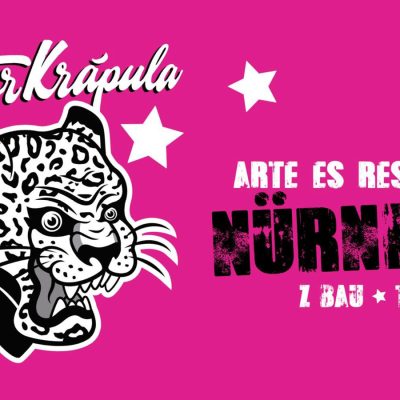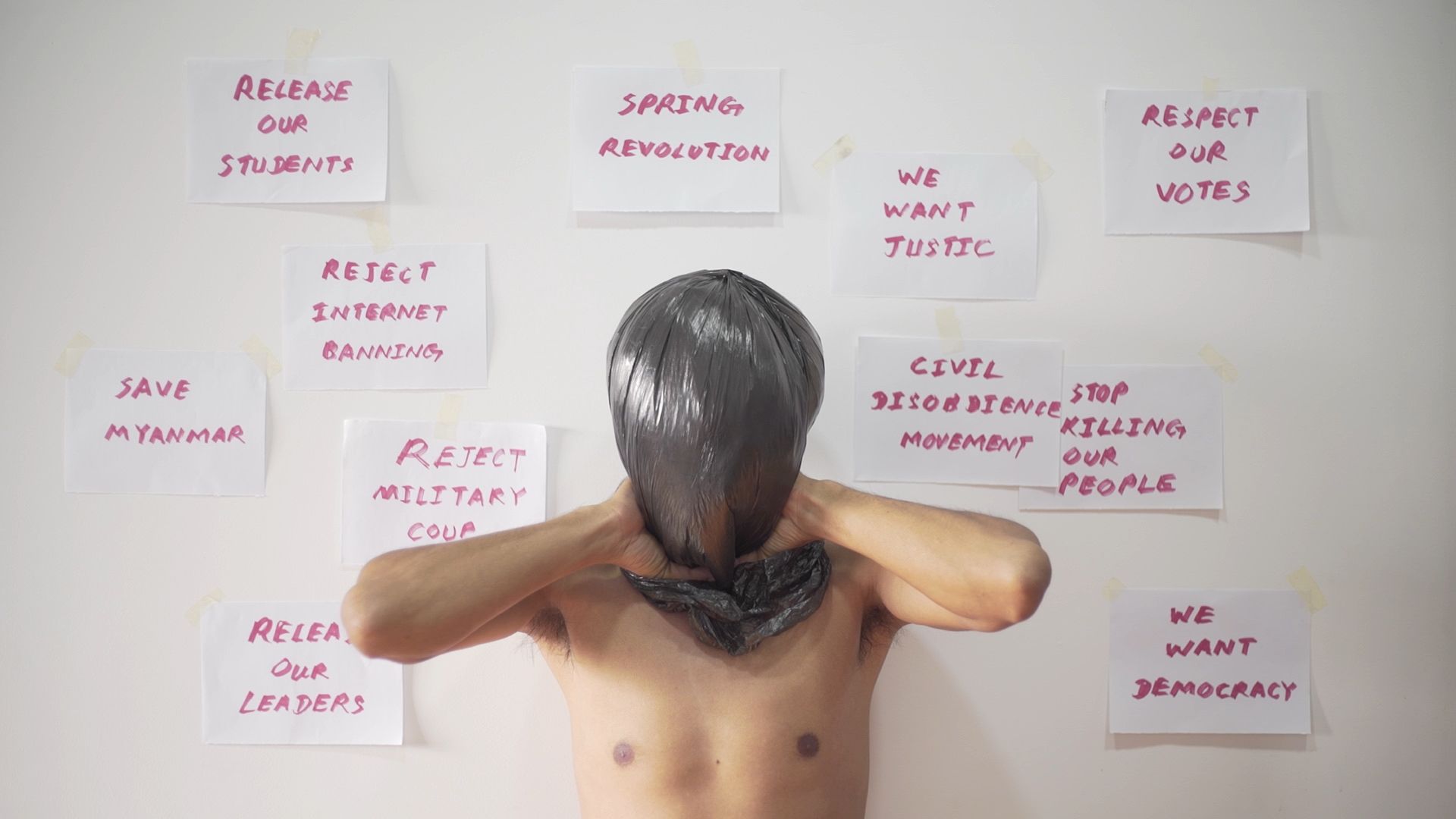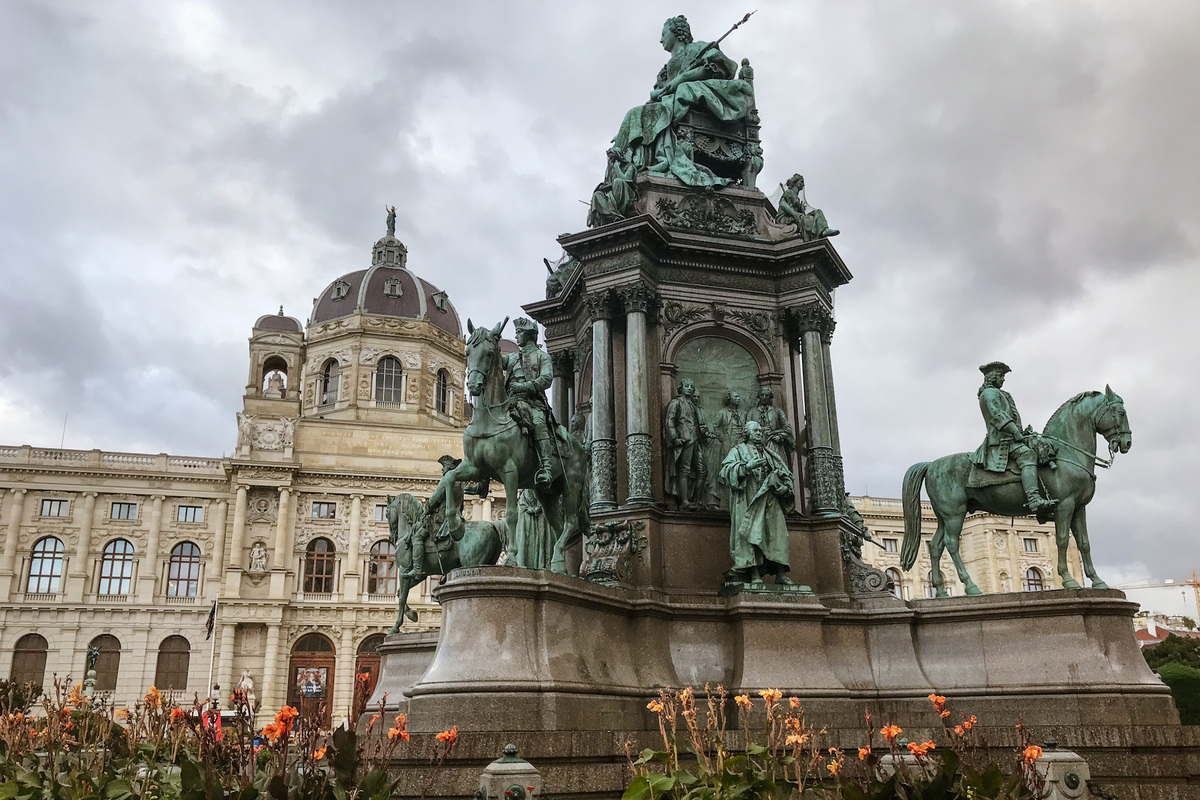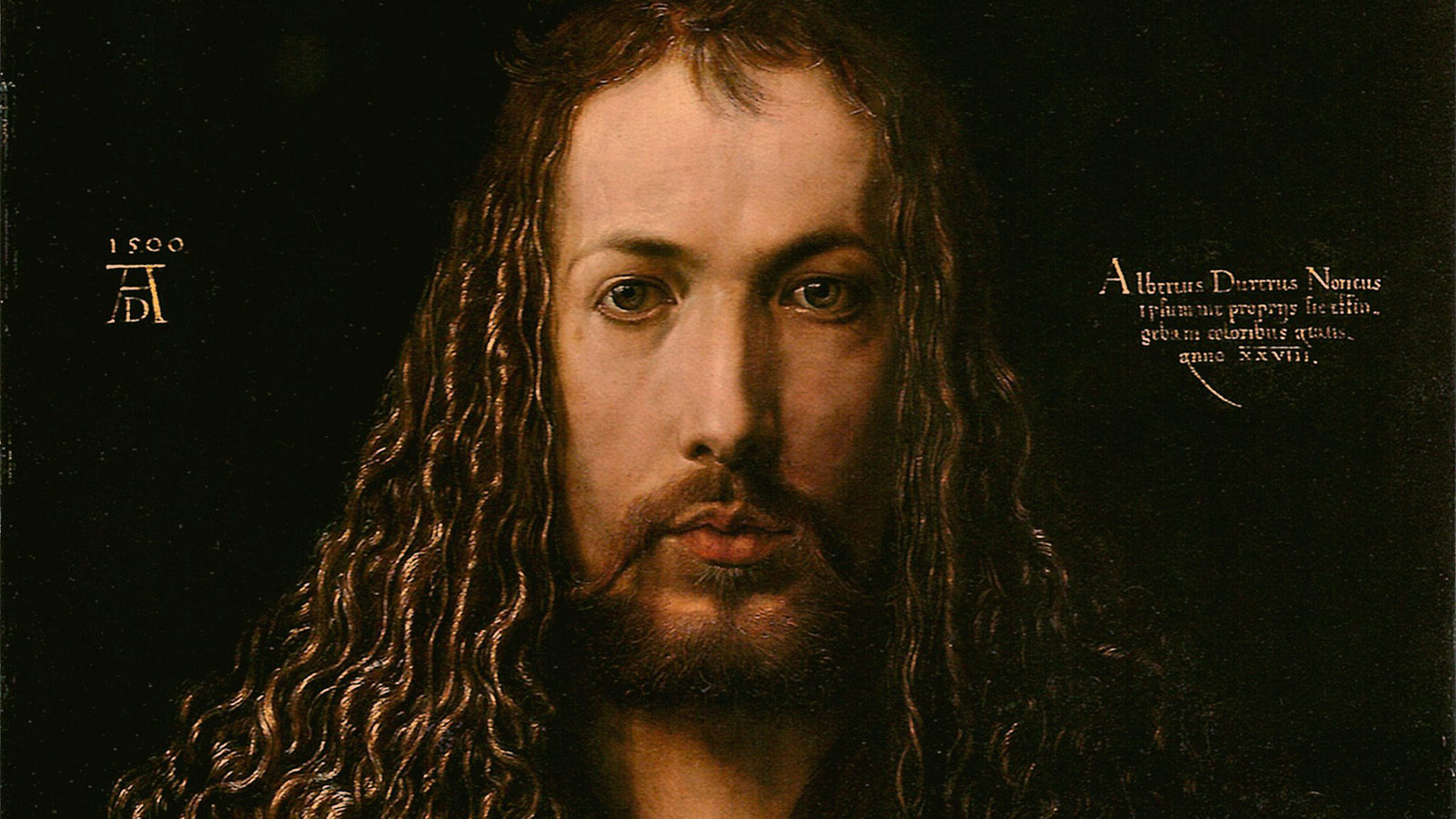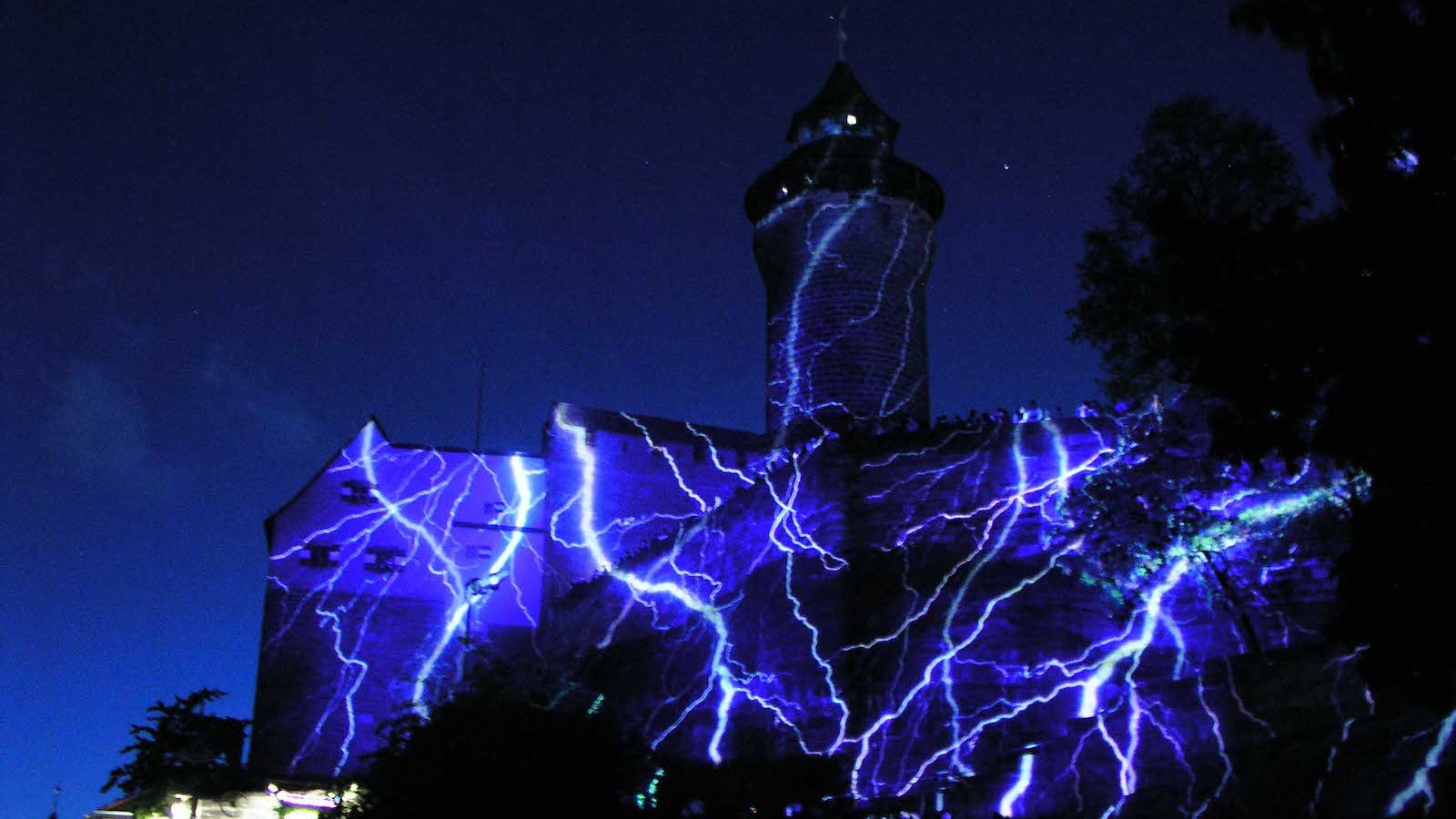The planning for this year’s film festival took place under the motto, navigating rocks and hard places (circumnavigating and overcoming cliffs). In addition to the Covid-19 pandemic, the current political events and happenings have made the organisation more difficult than ever before. Nevertheless, the dedicated festival team and the festival director Andrea Kuhn, who has been running the festival since 2007, succeeded once again in setting up an extraordinary and excellent festival program.
“I am very pleased, together with the entire team, that we are able to open our festival to a larger audience across Germany for the first time this year. Especially in these times, the topic of human rights is more important than ever and this way we can bring our special programme of committed political film art to many people,” said festival director Andrea Kuhn.
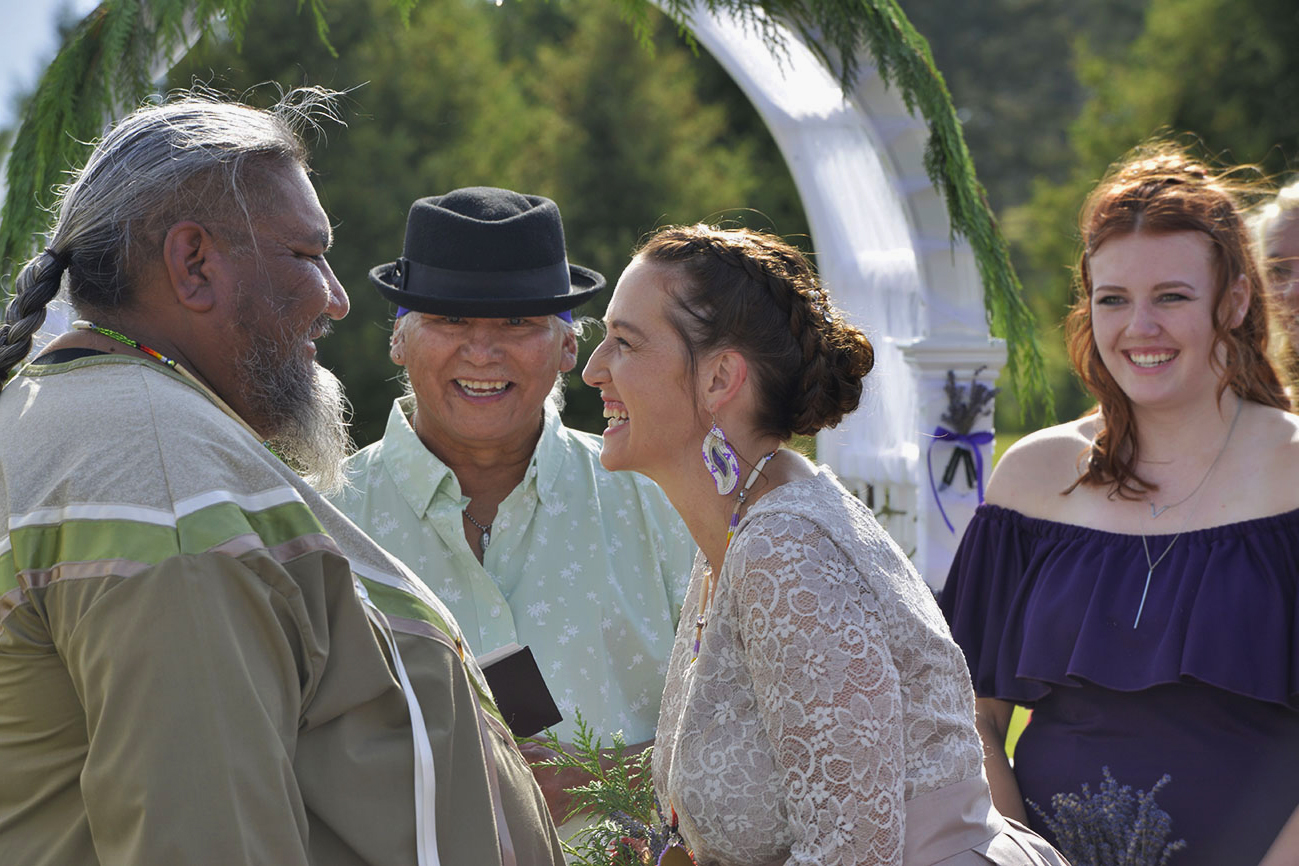
Still from the film Non Western
A total of 41 engaging motion pictures and documentaries from 31 countries will be screened. There are four films that will celebrate their German premiere during the festival: Decameron by Rita Hui Nga Shu, Delphine’s Prayers by Rosine Mbakam, as well as Non Western directed by Laura Plancarte, and Notturno from the Italian filmmaker Gianfranco Rosi. In addition, 20 filmmakers who come from countries such as Serbia, Great Britain, France, Iran, and India among others are expected as guests in Nuremberg. Eight films are represented in the competition for the Nuremberg International Film Prize for Human Rights. The festival is set to open with the incredible and majestic debut, Pebbles (OT: Koozhangal) from the Indian film director P.S. Vinothraj on Wednesday 29th September at 7pm at the Tafelhalle in Nuremberg.
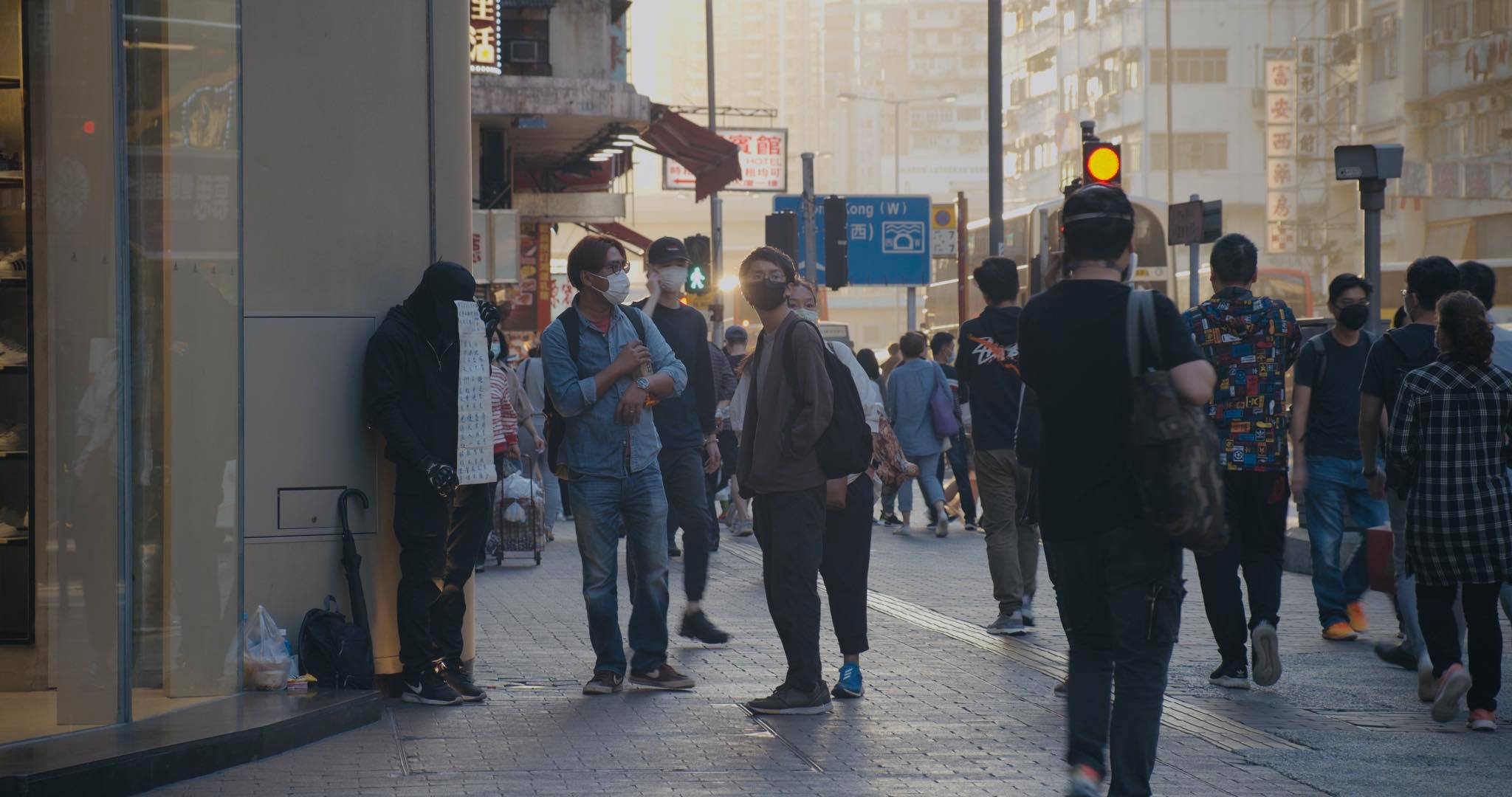
Still from the film Decameron
In addition, like every two years, there is also a special school cinema program, Open Eyes, which with six films from Afghanistan, Germany, France and Mexico, offers an extensive range of current topics with reference to identity, world politics, system change, and democracy.
Above all, the bi-annual festival wants to set an example against the increasing global egoism and the social splitting and short-sighted national interests that have become more visible than ever worldwide as a result of the Covid-19 pandemic.
Andrea Kuhn said, “despite the sudden turns and challenges, we ended up coming up with a very ambitious film festival programme with strong protagonists. Showing people who are not victims and who come together to change things.”
The 12th festival edition will be held for the first time as a hybrid edition from 29th September to 6th October 2021. The renowned Nuremberg festival, which has been organised every two years since 1999, is Germany’s oldest and largest human rights film festival. The programme focus is on international film art of all genres with political aspirations. With its 12th edition, it will be shown live over eight days in Nuremberg’s partner cinemas as well as presenting films, guests and events with an extensive online offer. Filmhaus Nuremberg will be using the solidarity VoD platform, Cinema lovers, for all virtual streamings. This can be accessed nationwide.
In advance of the festival, NIHRFF will stream from the lounge and discuss the situation of film festivals and human rights work worldwide with international guests. All streams are available on the festival’s YouTube channel.
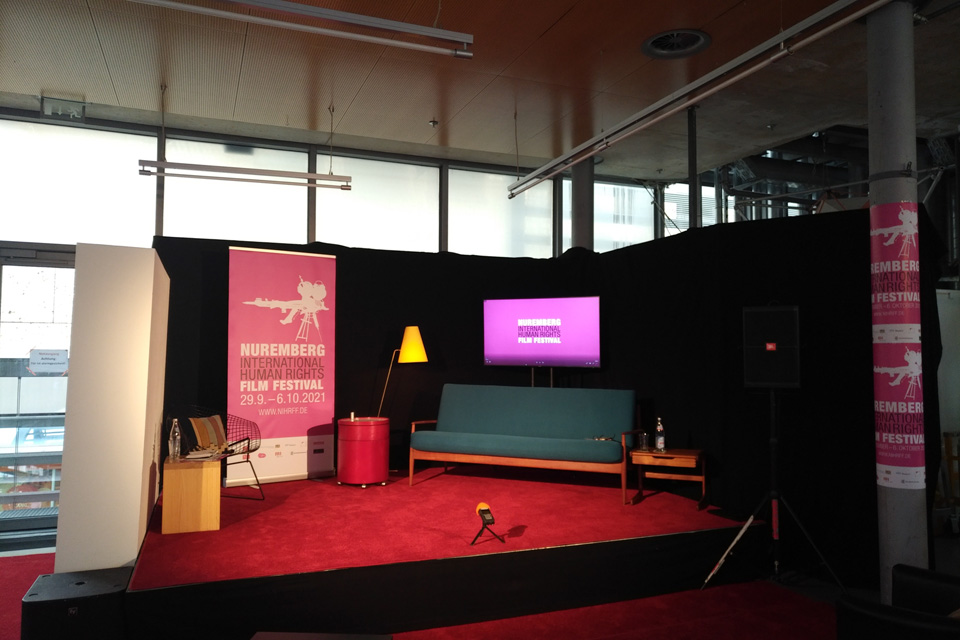
NIHRFF lounge
The festival will award three prizes (endowed with a total of €4,500): the Nuremberg International Jury Human Rights Film Prize, the Open Eyes Youth Jury Prize, and the Audience Award. The award ceremony will take place online on Friday 5th October 2021.
The overall festival programme is available with much more information on the festival homepage. Almost all films will be screened with bilingual subtitles in English and German. Some selected films also feature subtitles for the deaf and hard of hearing. Further details on the streaming and ticket offer and the current Covid-19 rules can also be found there.
I highly recommend everyone who wants to enjoy an international atmosphere to visit the festival, who has the desire to discover films beyond the mainstream and because every two years, it makes me very proud to live in Nuremberg.
